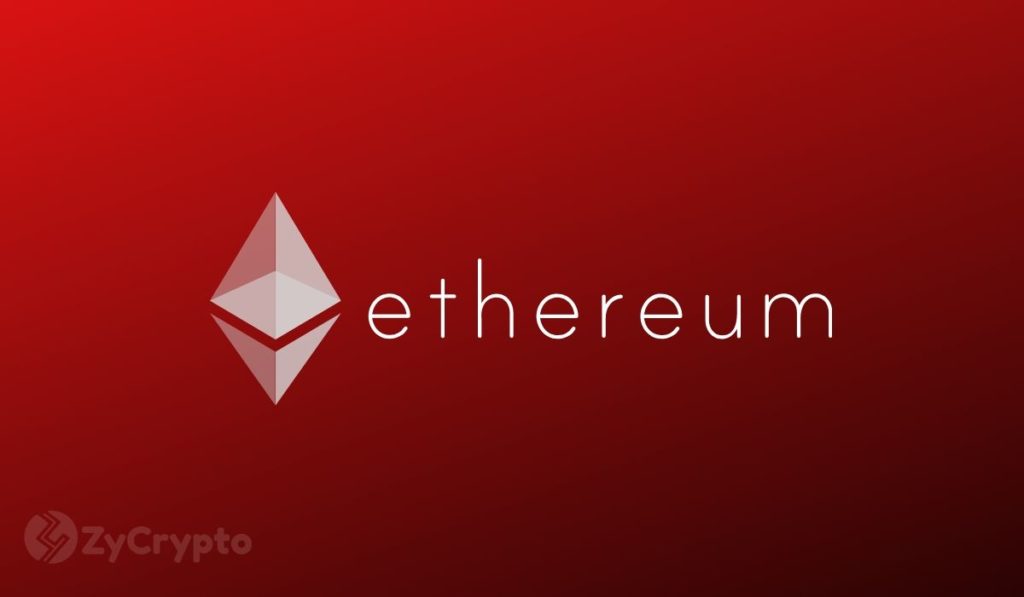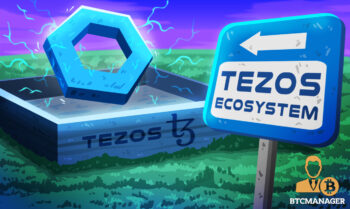2020-8-5 15:28 |
In a letter addressed to the Internal Revenue Service (IRS), four members of Congress – Rep. David Schweikert (R-AZ), Bill Foster (D-IL), Tom Emmer (R-MN), and Darren Soto (D-FL) – asked the taxation authority to take it easy on applying taxes on proof-of-stake (PoS) tokens. This is aimed at promoting innovation in the staking of tokens, but with the current tax policies, many U.S. taxpayers are hesitant to participate in the technology.
In a response supporting the letter, the Blockchain Association states on Twitter,
“Using current guidance, IRS suggests that these new tokens should be immediately taxable as gross income…this is a problem.”
Differing from the widely used proof-of-work tokens (PoW) like Bitcoin (BTC), which requires mass amounts of electricity and mining equipment to secure the network. The letter explains that a different taxing system should be implemented without overstating the taxes payable by PoS token holders. Taxing the gross income mostly understates the effect of dilution when new coins are produced and the inflationary effect too.
“We believe that taxpayers' true gains from these tokens should indeed be taxed,” the letter states. “However, it is possible the taxation of ‘staking' rewards as income may overstate taxpayers' actual gains from participating in this new technology.”
This may result in a “reporting and compliance nightmare” for both the staking investors and services that offer it, which may ultimately push U.S taxpayers away from these types of digital assets. The congressmen say staking rewards should be treated like other forms of taxpayer-created property, e.g., crops and artwork. The letter reads,
“Similar to all other forms of taxpayer-created (or taxpayer-discovered) property – such as crops, mineral, livestock, artworks, and even widgets off the assembly line – these tokens could be taxed when they are sold.”
Speaking to Coindesk, Shehan Chandrasekera, Cointracker's head of tax strategy, said he agreed that the appropriate way to tax staking rewards will be in a similar way to the property. They should only be taxed once they have been sold.
POSA supports the ease in taxation policiesThe Proof-of-Stake Alliance (POSA), who contributed to guiding the congressmen on the letter, praised the efforts of getting the taxman to look into taxing PoS rewards.
“Clear guidance on PoS taxation will further the adoption of blockchain technology and will help drive innovation in the ecosystem,” said Joe Lallouz, Co-Founder and CEO of Bison Trails, a POSA member company.
The IRS is yet to give a clear guideline on how they plan to tax PoS networks staking rewards. In mid-July, BEG reported the taxing authority would start purchasing data from Coinbase to increase tax compliance across the U.S.
origin »Bitcoin price in Telegram @btc_price_every_hour
PoSToken (POS) на Currencies.ru
|
|













